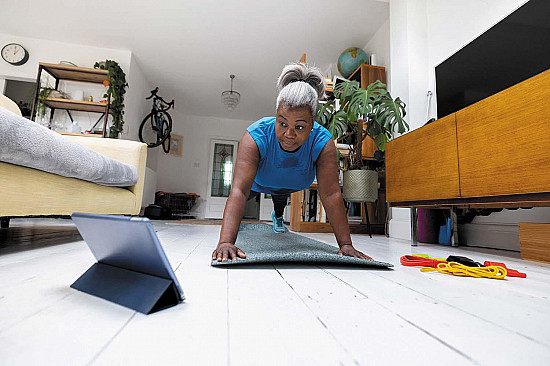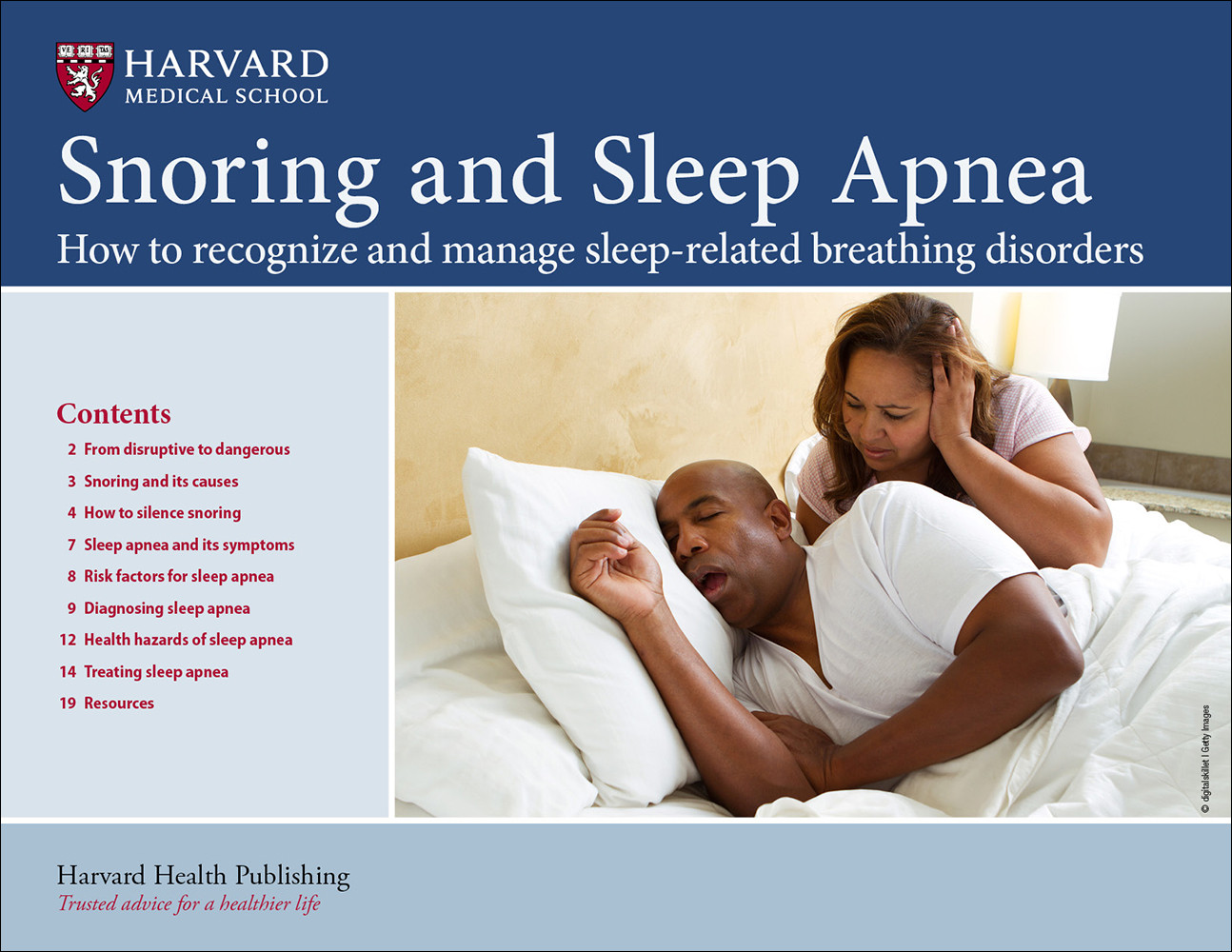Dental appliances for sleep apnea: Do they work?

Keeping your partner — or yourself — up at night with loud snoring? This might be more than a nuisance. About 25% of men and nearly 10% of women have obstructive sleep apnea (OSA), a serious sleep disorder characterized by explosive snores, grunts, and gasps. Tissue at the back of the throat temporarily obstructs the airway, leading to breathing pauses (apneas) throughout the night. Not only does OSA leave people tired and groggy, but it also puts them at risk for a host of health problems, including high blood pressure, depression, and heart disease.
The most effective and best-studied treatment is positive airway pressure (PAP), a small bedside machine that blows air through a mask to prevent your airway from collapsing. But people with mild or moderate OSA sometimes find PAP challenging to use, and often wonder about alternatives. Dental devices (also known as oral appliances) are an option for some people. But do your homework before going this route, cautions Sogol Javaheri, MD, MPH, MA, a sleep specialist at Harvard-affiliated Brigham and Women's Hospital.
Who might benefit from a dental device for sleep apnea?
"These devices are supposed to reposition your jaw or tongue to open your upper airway. But they can be really uncomfortable and only work about half the time," Dr. Javaheri says. It's hard to predict who might benefit from using an oral device, and people with very mild OSA and few symptoms may not notice any difference. As a result, she generally doesn't recommend them except for people with mild to moderate OSA or those with severe OSA who can't tolerate PAP.
Three main categories of dental devices for OSA
Mandibular advancement devices. Made of molded hard plastic, these devices snap over your lower and upper teeth, and also feature metal hinges and screws that can be tightened to push your lower jaw forward. Some dentists make custom mandibular advancement devices, but before you consider buying a custom device, be sure to ask whether your dentist has experience in sleep-related breathing disorders and is certified by the American Academy of Sleep Medicine. Some non-certified dentists simply take a mold of your teeth, send it to a company that makes the device, then sell it to you at a large markup — sometimes totaling $4,000 or more. What's more, it's unlikely to be covered by your dental or medical insurance if it's used for snoring.
Mouth guards. Similar to mandibular advancement devices, these devices also help reposition your lower jaw, although to a lesser degree. Some sleep physicians recommend SnoreRx, which you can purchase online for less than $100. Instead of starting with an impression of your teeth created by a dentist, you use what the company calls the "boil and bite" method. You place the device in a cup of boiling water for a minute and then bite down on the softened plastic so it molds to your teeth.
Tongue-retaining devices. These devices consist of a soft plastic splint placed around your tongue that holds it forward and out of your mouth throughout the night. They tend to make your mouth very dry and can be quite uncomfortable.
Most insurance plans at least partially cover these devices when used for OSA, but not if they're used for simple snoring. Don't be tempted to try one unless you've been formally diagnosed with OSA, says Dr. Javaheri. And even if you have OSA, be sure to call your insurance company so you understand how much is covered before you have a device made.
About the Author

Julie Corliss, Executive Editor, Harvard Heart Letter
Disclaimer:
As a service to our readers, Harvard Health Publishing provides access to our library of archived content. Please note the date of last review or update on all articles.
No content on this site, regardless of date, should ever be used as a substitute for direct medical advice from your doctor or other qualified clinician.
















